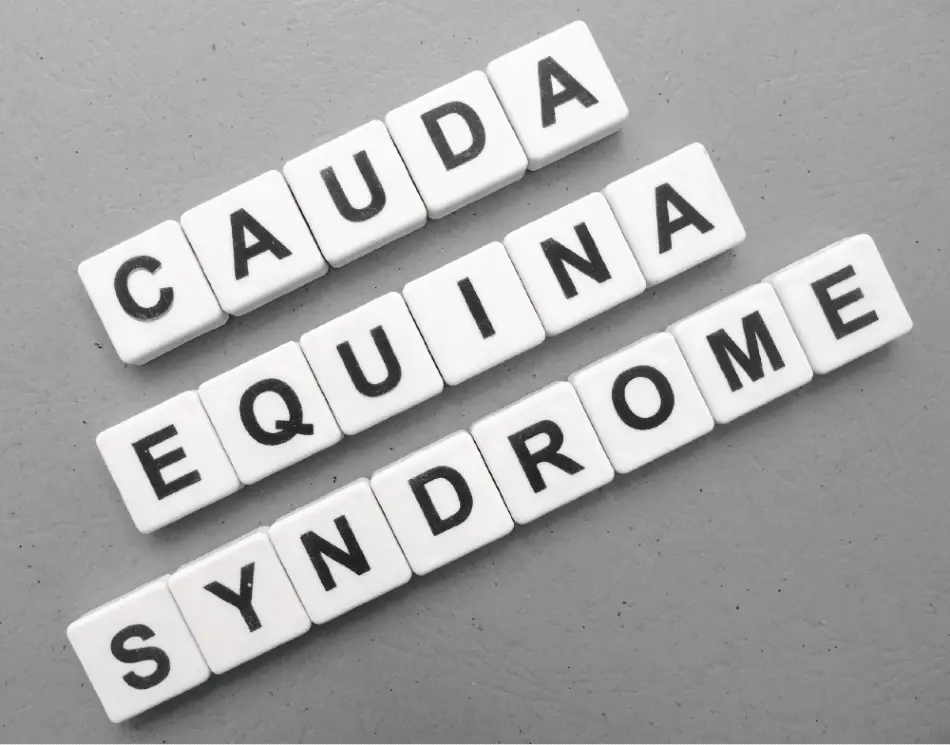What Is Passing Off?
Passing off occurs when one company deliberately or accidentally represents that the goods and services of another are their own – resulting in customers becoming confused and financial and/or reputational damage to the claimant.
Passing off can be an alternative to trademark infringement. A trademark is a registered right. Passing off deals with unregistered rights. A passing off action can succeed where a trademark action would fail.
For example, a business may not have copied your trademark…but it may have used a certain shape and colour that is closely associated with your brand, resulting in customers becoming misled or confused.
Is your business being affected by passing off? It is essential to get expert legal advice before taking action, so you can achieve the most effective, swift and cost-proportionate resolution.
Proving That Your Company Is A Victim Of Passing Off
Succeeding in a claim for passing off means proving the following:
- Goodwill is at stake. Goodwill is “the benefit and advantage of the good name, reputation, and connection of a business. It is the attractive force which brings in custom.”
- Misrepresentation – that a misrepresentation by the defendant has created confusion, causing the public to think that the defendant’s goods or services are yours.
- Damage – the misrepresentation and the consequent confusion has resulted in damage to your finances, goodwill or reputation.
Evidencing goodwill, misrepresentation and damage is a major hurdle in an action for passing off.
First, you would need to prove that you have a goodwill in your business. The goodwill can be limited to a geographical area, depending on how widely known your business is.
The next step is to show that the defendant has misrepresented your goods as their own, resulting in customers becoming confused. You may need to adduce survey evidence to demonstrate that the customers have become confused, although this can often be discredited. Guidelines established in case law on the admission of survey evidence would need to be carefully considered.
You would then need to show that the misrepresentation and subsequent confusion has caused damage to your goodwill. The main heads of damage are:
- diversion of sales
- damage to reputation
- injurious association
- loss of opportunity to expand
- erosion of goodwill.
Quantifying this damage is not simple and would require strong supporting evidence.
Meeting the requirements and providing the evidence in a passing off claim is not simple. It is vital to take proper legal advice before pursuing a passing off claim so you can make a rational, calculated and commercial decision on the best options available to your business.
How To Take Action Against Passing Off
First and foremost, get expert and dispassionate legal advice as soon as possible. This is essential.
Making hasty decisions, releasing public statements or issuing proceedings prematurely can have costly consequences and can worsen your position.
Taking proper legal advice maximises your chances of obtaining the legal remedies available. Potential remedies include:
- Financial remuneration – you can seek compensation for loss of sales, or for damage to your company’s goodwill and reputation. This could include interim damages while both sides investigate the full extent of the financial or reputational consequences of the passing off.
- Injunction – the court can order the defendant to stop the passing off. Should they fail to do so, they could be in contempt of court. This is serious – the penalties for transgressors include jail, fines and forfeiture of assets.
- Search and seizure orders – the court can order the seizure of the disputed goods to stop them from being traded. It can also order the seizure of documents that could be used as evidence to prove passing off. Search and seizure orders can be highly disruptive for the errant company on the receiving end.
- Account of profits – the court can order the defendant to pay you some or all of the profits they gained from trading the disputed goods or services.
- Delivery or destruction of the goods involved in the infringement – the court can order the defendant to destroy the passed off goods, or to surrender them to you.
When Should I Take Legal Action? And What Should I Do?
Going to court should always be the last resort. There are cheaper and quicker alternatives.
Timing is critical. Act too fast and you risk not being able to build up enough evidence against the defendant. Act too slowly and you risk suffering longer and greater financial and reputational damage. It is a balancing act.
Get specialist legal advice as quickly as possible. The faster you bring it to the attention of a commercial litigation solicitor, the sooner you can decide on the best strategy to solve the issue.
In the first instance, a cease and desist letter could resolve the problem from the outset. This would give the defendant 14 days provide undertakings and refrain from transgressing. An astute, sensible, or properly advised defendant would then provide the undertakings or enter into negotiations to settle the matter.
A cease and desist letter can be all it takes to resolve the problem and avoid a much more expensive and lengthy legal dispute.
Commercial Considerations In Passing Off Cases
It is important to approach the matter commercially when you are considering bringing a claim for passing off.
A claim for passing off can end up in the public forum, meaning there is a risk that bringing a claim for passing off can result in a pyrrhic victory.
In the ‘Colin the Caterpillar Cake’ case (M&S vs Aldi), Aldi capitalised on the public attention, gaining widespread public support – despite it being the defendant in the action. This risked harming the reputation of M&S. Ultimately, however, the parties have settled the dispute and M&S has stated it is very happy with the outcome.
Since the conclusion of the ‘Colin the Caterpillar Cake’ case, M&S has again accused Aldi of copying one of its products – this time a bottle of gin that lights up. M&S has gone to the High Court, seeking an injunction against Aldi.
M&S says Aldi’s blackberry and clementine gin is “strikingly similar” to its own light-up gin. Both gins are sold in a bell-shaped bottle with a light-up base that illuminates gold flakes in the gin.
Aldi has already begun its publicity offensive, responding on Twitter: “Our lawyers gonna be so rich they be shopping in @marksandspencer soon #FreeCuthbert #Round2.”
The battle between M&S and Aldi demonstrates the importance of taking a measured, commercial and informed approach to passing off claims when you believe your rights are being infringed.
Act Swiftly – Get Expert Legal Advice On Passing Off Litigation
Has your company been the victim of passing off? Or are you being wrongly accused of passing off?
Contact commercial litigation solicitor Patrick Herklots for specialist advice. He is based at our Poole town centre head office.




.png)


